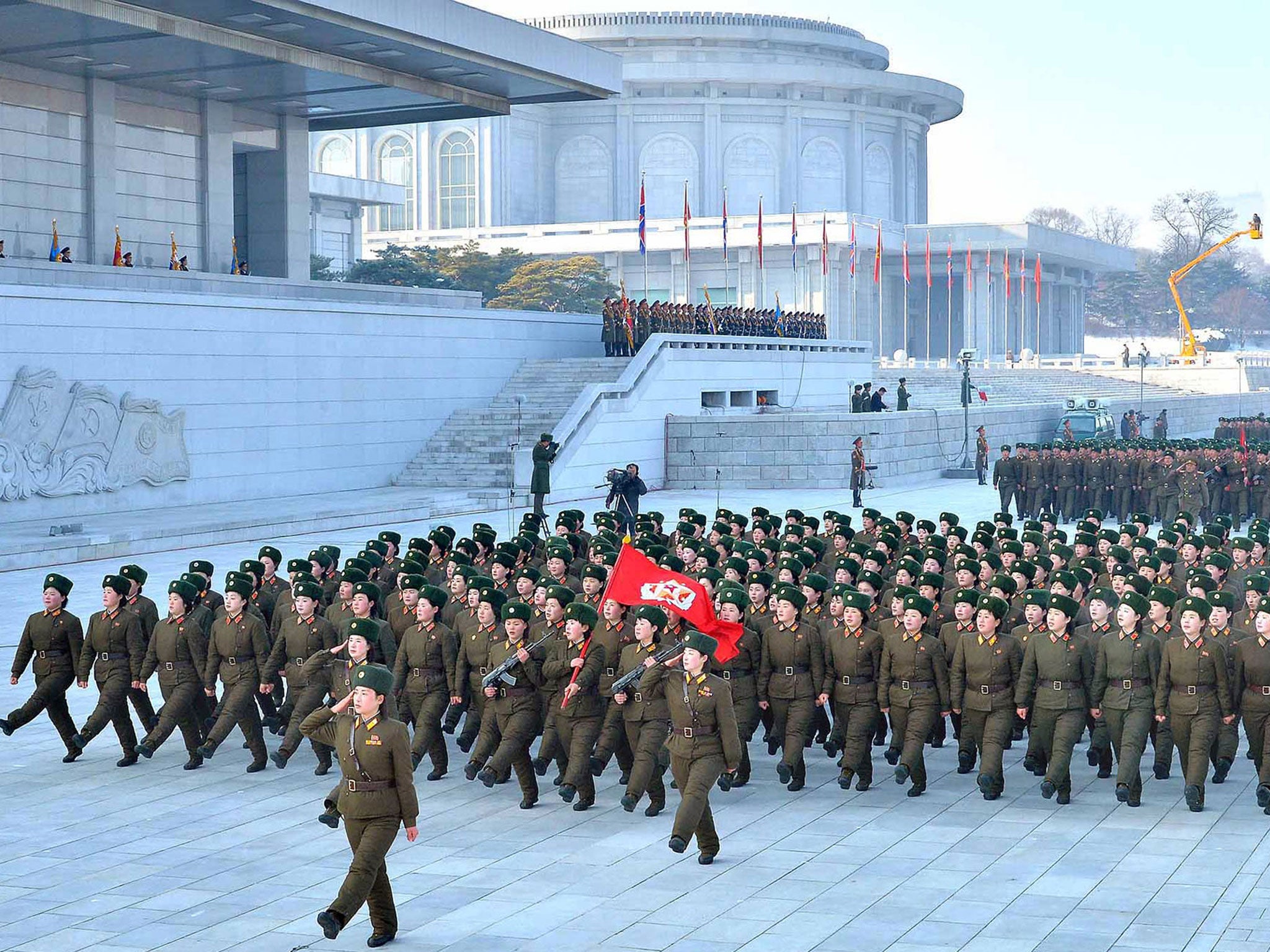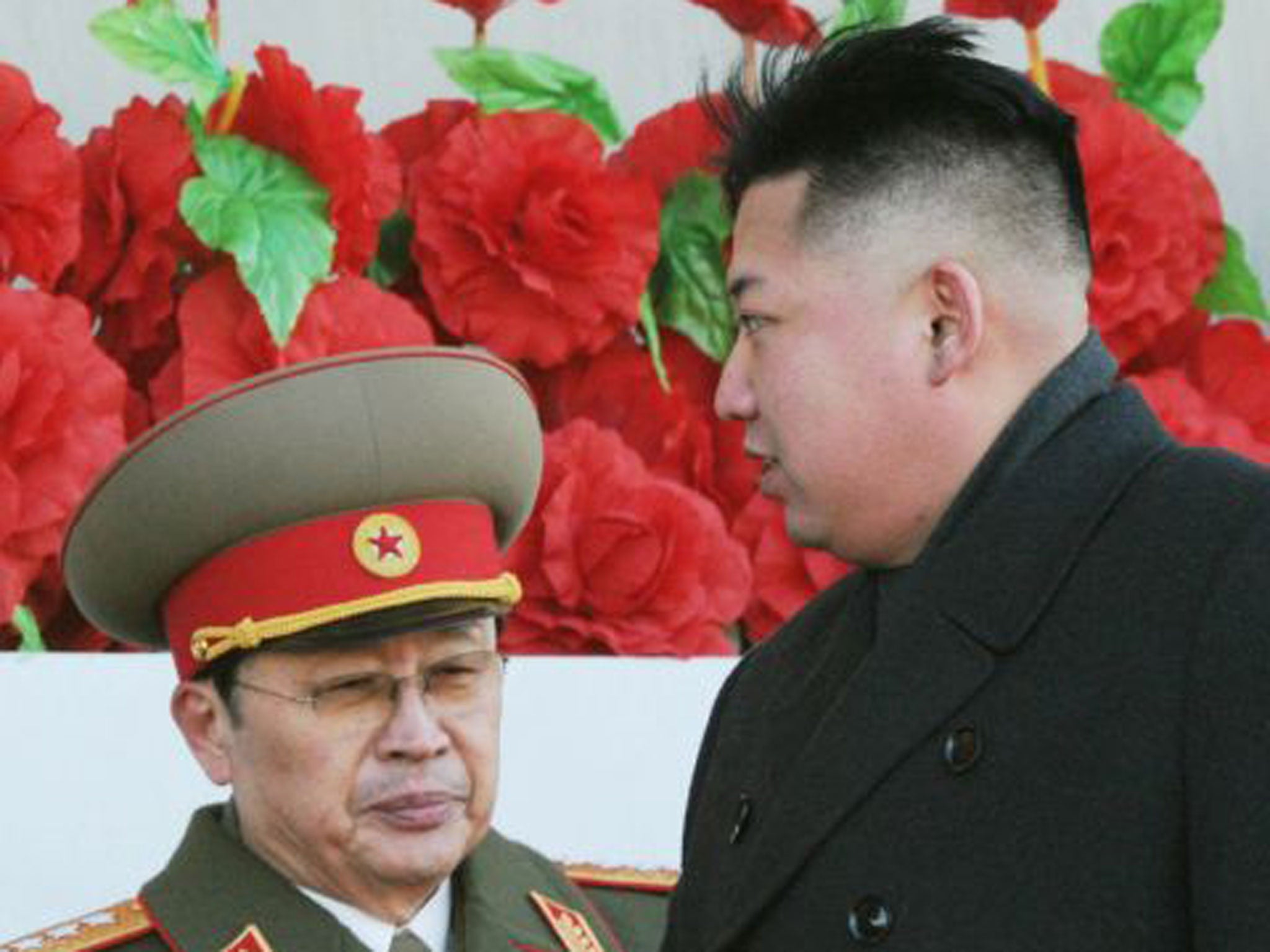North Koreans are gasping for the truth: Let's give it to them
Providing North Korea with information is as vital as disaster relief


For North Koreans accustomed to believing what the state tells them, the sudden defenestration of Jang Song-thaek last week was perhaps understandable, though shocking. But what followed was extreme.
‘Uncle’ Jang was one of the highest apparatchiks in the regime, favoured under all three Kims, but last week state media claimed that he had been plotting to seize power for years: in the words of his alleged confession, he had “attempted to trigger discontent among service personnel and people…Comrade supreme leader is the target of the coup.” This “despicable human scum” who was “worse than a dog” had also been found guilty of “unwillingly standing up…and half-heartedly clapping”, when Kim Jong-un was unanimously elected to one of his many positions. Summary execution by machine gun – the good people of Pyongyang doubtless muttered over their kimchee, nodding sadly at this spectacle of human nature gone so badly awry – was the only possible verdict.
But any citizen curious to track the career of this “traitor for all ages”, this “despicable political careerist and trickster” through the state’s online newspaper archives would have abruptly found themselves in front of a brick wall. Soon after his liquidation, a number of reports mentioning him were deleted from state news sites and his dog- and scum-like appearance edited out of video footage. But the stubborn fact is that Jang had enjoyed the trust of all three Kims going back decades, and this made him a challenge comparable to that posed to Stalin by Trotsky. More radical measures were required, and, this being North Korea, they duly followed: practically the entire online news archive of the Korean Central News Agency, consisting of tens of thousands of articles, has now been erased. Some 20,000 articles have also disappeared from the archive of Rodong Sinmun, the ruling party’s daily paper. Foreign language news reports have also been liquidated.
Information is the life-blood of a nation. It is, as the United Nations puts it, “the touchstone of all the freedoms”. But like all the other freedoms it is in desperately short supply in the Democratic People’s Republic of Korea. As Peter Horrocks, Director of the BBC World Service, puts it, “the lack of information in [North] Korea is probably the most severe in the world.”

One might suppose that after 60 years of this sort of treatment, the appetite of North Koreans for information other than that coming from the central organs of the state had dried up; that their brains, like their stomachs during the years of acute famine in the 1990s, had shrivelled, that intensive brain-washing from one generation to the next had eliminated all the nation’s latent Winston Smiths. But nothing could be further from the truth. North Koreans are gasping for the truth, and when they find a source of it they slurp it like men dying of thirst.
The state manufactures radios which can only receive official programming, but cheap Chinese transistors are available in the now-ubiquitous illegal markets, and it is reported that nearly half the population has access to them, while more than 25 per cent have listened to foreign broadcasting. That’s despite penalties for those who are found out which include being sent to the work camp gulag. Capital punishment is also a danger: a 2007 law allows for the “extinction” of those guilty of unspecified “crimes against the state”, and only last month it was reported that 80 North Koreans accused of watching South Korean television programmes were executed.
Taking the truth to a country like North Korea is as vital as the sort of work that Oxfam performs in disaster areas, when they bring their vast expertise to bear on guaranteeing a safe water supply. We in Britain can be proud of our history of taking the pure water of unadulterated information to countries suffering from desperate news drought. The BBC’s reputation has taken a hammering over recent years, but in that unglamorous but essential task of providing trustworthy and up-to-date news in the languages of oppressed nations it remains beyond reproach.
Yet strange to say, North Korea, despite what Peter Horrocks says about of it, has never come within the World Service’s remit. Over the past few months a campaign has been building, inspired by the European Alliance for Human Rights in North Korea, to cajole the Corporation into plugging this gaping hole in their coverage, and doing one of the world’s most unfortunate populations a considerable favour in the process.
The World Service tide has of course been flowing the other way in recent years: in the most recent cull, in January 2011, no less than five foreign language services were slashed from the Service’s programming. And this is a delicate moment for anyone to propose spending more money: until now the World Service has always been directly funded by the Foreign Office, but from April its costs will come out of the license fee.
But the case seems unarguable. We learned this week that the Corporation has wasted £100 million on a failed attempt to digitise its archive. Such a sum would keep a North Korean service – if its costs were comparable to the BBC’s Burmese language service, which has played a crucial role in Burma’s political development – in business for more than a century. If the Corporation wished to prove that it still understands its mission, there would be no better, and few cheaper, ways to prove it.

Join our commenting forum
Join thought-provoking conversations, follow other Independent readers and see their replies